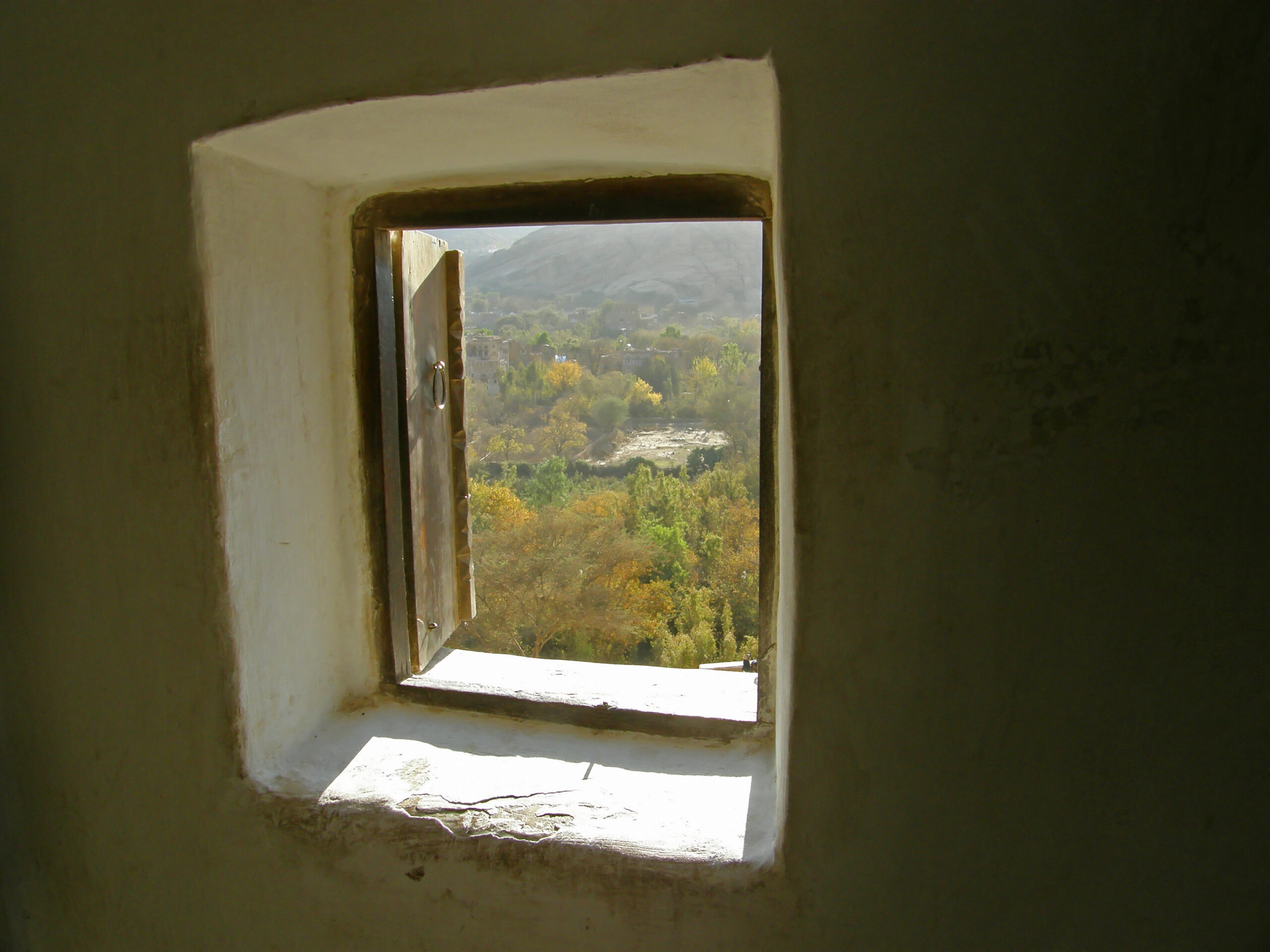In April this year, the Omani-mediated peace talks between Yemen’s Iran-backed Houthis and Saudi Arabia marked a hopeful move towards finally ending the proxy war in Yemen. This was an expected step following the Iranian-Saudi détente brokered by China a month earlier. Since then, officials from both sides have met for several rounds of talks, the most recent in Riyadh this past September.
After eight years of devastating war, leading to what has been described by the United Nations and the European Union as the world’s worst humanitarian crisis, advancements in peace negotiations between the parties involved remain limited. The restrained approach to the negotiation process has left Yemen in a state of precarious peace with no real strides in addressing the country’s current political crisis. Whilst direct armed conflict has significantly halted in the last couple of years, Yemen is far from any real solutions, and the limbo status of no war, no peace, is largely unsustainable.
In 2015, Iran-backed Houthi militias ousted the internationally recognised Yemeni government, propelling a Saudi-led coalition into war with the Houthis to push out what they claimed to be Iranian influence in the neighbouring country. For the following eight years, Yemen would be the battleground for regional powers pursuing their geostrategic interests with little regard for the calamitous outcomes this would have on an already fragile country. Motivated by regional competition, foreign entities have exacerbated internal divisions in Yemen, resulting in a complete collapse in the country’s security apparatus. Yemen is now run by paramilitaries and militia groups that mostly serve as proxies for foreign actors.
Riyadh’s exclusive pursuit of a modus vivendi with the Houthis dismisses the wider political context of Yemen and limits any meaningful outcomes.
Politically, Yemen is currently grappling with a fragmentation crisis drawing on lines of division based on creed, sectarianism, and geography. Houthis control the northern highlands of the nation, including the nation’s capital, Sanaa. In the Southern part of the nation, secessionist movements are backed by the United Arab Emirates, which also now controls and has militarised Yemeni islands, including Socotra and Mayun, located in the strategic oil shipping route of the Bab Al Mandab strait. Saudi Arabia and the UAE, at this stage, have diverted paths in the strategy towards Yemen, as Saudi Arabia draws back to focus on domestic affairs. However, in Yemen’s eastern Al Mahra region, Saudi Arabia and Oman maintain interference in tribal affairs, pursuing competing interests.
In other parts of the nation, Yemen’s Al-Islah party, the Yemeni chapter of the Muslim Brotherhood, exercises partial control of Marib and Taiz in the northern part of the nation and Hadramawt in the south.
For the Houthis, seizing opportunities to establish credibility as the authority representing the Yemeni people is critical. Maintaining open channels for communication is one way to bolster this legitimacy, even if talks yield no results. The Saudi-Houthi peace talks have directly undermined the case of the internationally recognised Yemeni government, represented by the Yemeni Presidential Council today, which Saudi Arabia had ironically endeavoured to reinstate as the official governing body through the war. The exclusionary nature of these talks has further led the recognised Yemeni government to redundancy.
Despite Saudi-Houthi willingness to engage, the stagnant nature of the peace talks reflects incompatible visions for outcomes between Saudi and Houthi authorities. And though a reignition of the conflict would be undesired by both parties at this stage, their diverging political stances remain an obstacle to accelerating this process. More recently, the Houthis have been able to leverage the deadly Israeli aggressions on the Gaza Strip as another opportunity to cultivate legitimacy as the speaking authority for the nation. In the past month, the Houthis have claimed responsibility for several intercepted missiles directed at Israel in response to the Israeli bombardment of Gaza, one missile reportedly intercepted by Saudi Arabia. In the past few days, Houthis have also targeted three Israeli-linked vessels in the Red Sea with ballistic missiles. Although this has raised concerns about potential renewed tensions between the Houthis and the Saudis, the move sways public opinion across Yemen and the broader region towards more positive perceptions of the group. This is especially the case at a time when Arab public opinion of Arab leaders’ responses towards Palestine remains less than favourable. Domestically, this is also a tactical move, particularly in the absence of a recognised Yemeni government voice, which has become overwhelmed by Gulf politics and exercises virtually no influence over Yemen at this current moment.
Regarding Yemen’s future governance, two potential outcomes can be considered from the Saudi-Houthi talks moving forward. The first would be to assume a complete Iran-backed Houthi guarantee of Saudi interests in Yemen in return for Saudi Arabia withdrawing its backing of the recognised government. This would encourage a Houthi military solution. Alternatively, and with some assurances, a peace process may allow other parties to join a potential coalition government that would give Houthis majority control in determining the nation’s future.
Though many analysts seem to argue that Yemen has reached a point of no repair, it is important to consider that the debate on Yemen’s divide carries new implications. Any discussion of the division of Yemen would no longer be limited to a divide between the north and south. Instead, Yemen will catastrophically fracture into multiple statelets that would almost guarantee renewed civil hostilities. Yemen’s political dilemma will need to be resolved before any humanitarian reparations. Once again, it is the Yemeni people who bear the highest costs as regional powers settle their affairs.
The views expressed in the Near East Policy Forum are those of the authors and do not represent the views of the Near East Policy Forum or any of its partner organisations.





Leave a Reply